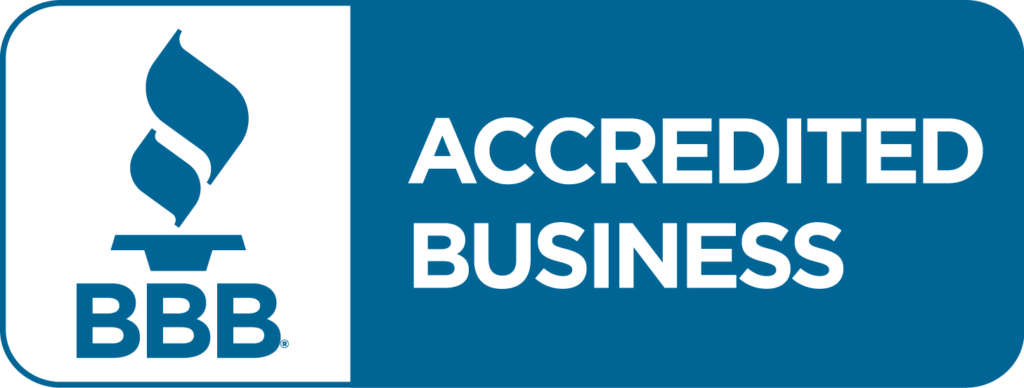Losing a loved one is one of the most challenging experiences one can face. Plus, there’s a significant amount of work to do if you are involved with settling the estate. The biggest issues can come from what is usually the largest part of that estate—real estate, generally a house. If you find yourself with an inherited house, there are a lot of different things you can do, and many issues to think about. This article gives an overview of those issues and choices.
With an inherited house, you generally have three options: live in it, rent it out, or sell it. What you choose will depend highly on your unique situation, but each of those options has its own set of legal and financial issues, not to mention emotional factors for you. There are three categories of issues to consider before making a final decision:
- Taxes
There’s no federal inheritance tax, although some states do have inheritance taxes. But for most people, inheriting property doesn’t trigger an immediate tax liability. Check with your state.
When a property is inherited, the IRS establishes a fair market value (FMV), which is the new basis for the property. (You can forget about the $30,000 your parents originally bought it for.) This new valuation influences future taxes when the property sells.
If you decide to sell the home and sell it at a higher price than the established fair market value, you will be responsible for capital gains taxes. So, for example, if the FMV was $300,000 and you sell it for $350,000, then you would pay capital gains tax on $50,000 profit.
Capital gains tax can be avoided, however, if you live in the house for a while first. According to the IRS, you may qualify to exclude up to $250,000 of that gain from your income, or up to $500,000 of that gain if you file a joint return with your spouse, if you meet these two conditions: You use the home as a primary residence for at least two years (in a five-year period) and you haven’t used this capital gains exclusion on another property in the previous two-years.
If you decide to rent the home, there are several tax advantages including the option to deduct certain expenses related to owning them. Earned income from a rental is also taxed at a lower rate than ordinary income, which may increase your overall income without moving you into the next tax bracket.
- Mortgage
If the property has an open mortgage, it’s important to discern the type of mortgage and whether it’s due on sale or assumable. Most mortgages can be assumed by the mortgagor’s heirs, which means you can just take over payments and pay the remaining debt according to the original loan terms. In some cases you may even be able to refinance the mortgage.
- Repairs
The condition of an inherited property may impact what you decide to do with it. If the property hasn’t been maintained, it could need costly and time-consuming improvements. Coordinating a big renovation is a major task and should be carefully considered before deciding whether to keep the home or sell it. Keep in mind, however, that major repairs will need to be made before you are able to rent it, and before selling it, if you want to maximize your selling price.
If you’re struggling to find the best path forward, try to focus on what will work out for you the best in the long run. Regardless of how you decide, you should make sure your choice serves your financial needs first and foremost. Talk to your family members about finances so that everyone can be better prepared if something happens. We encourage you to consult with a professional financial planner to help make the decision that works best for you and your family.
Thanks to Quicken Loans and Million Acres for information provided in this article.
